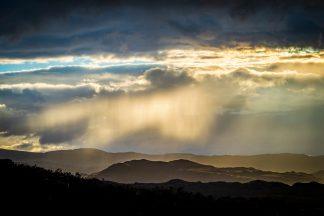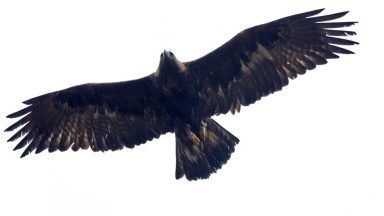A charity has warned that Scotland’s seabirds face a “bleak future” unless urgent action is taken.
The warning comes after a new report revealed five more seabirds were added to the UK red list of birds that conservationists and scientists conclude are at risk of national extinction.
The Royal Society for the Protection of Birds said that Scotland is home to over half the UK’s seabirds and its health is critical in halting wildlife decline.
Leach’s Storm-petrel, Common Gull, Great Black-backed Gull, Arctic Tern and Great Skua are the latest bird species to be added to the Birds of Conservation Concern list.
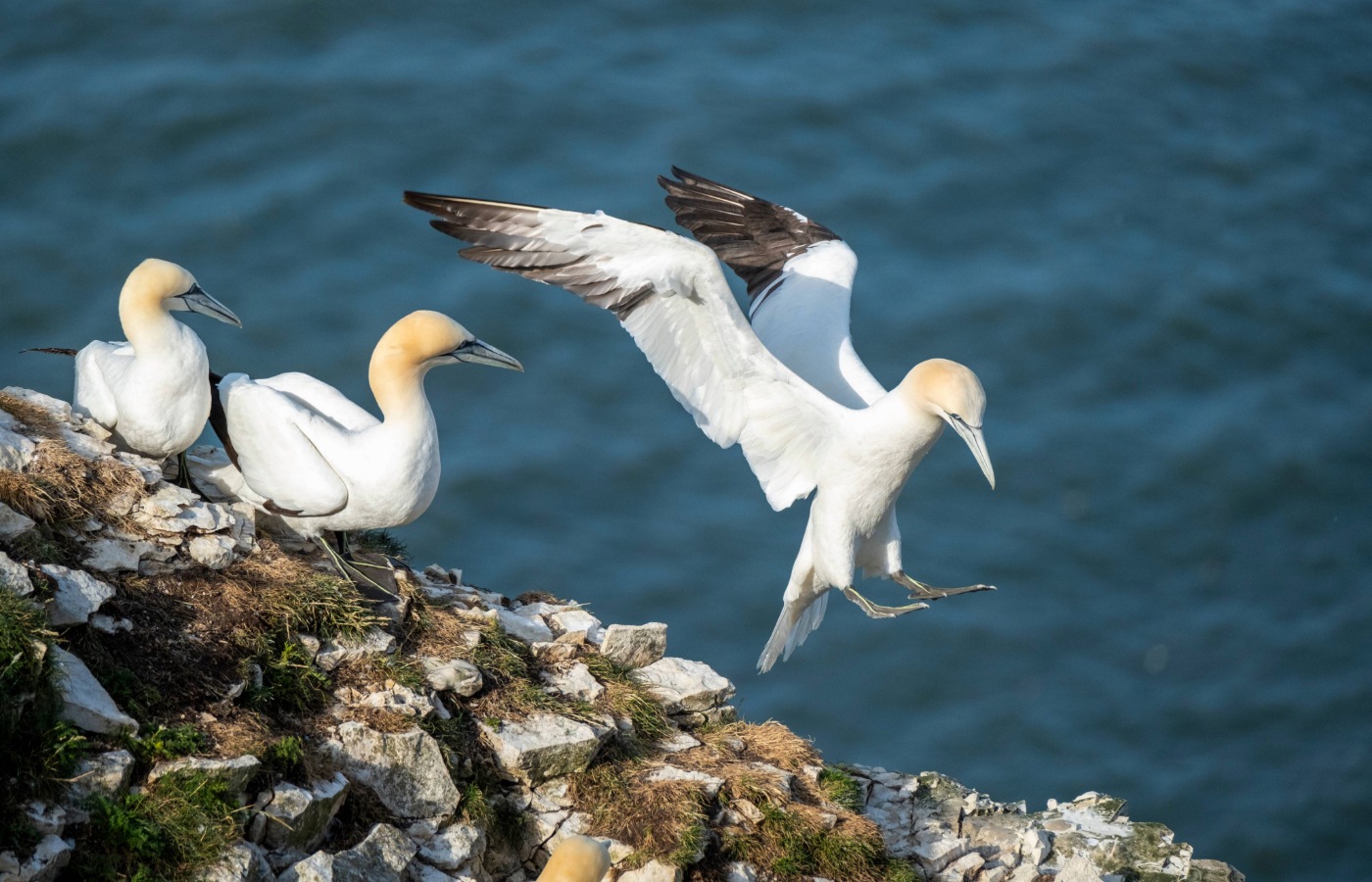 Royal Society for the Protection of Birds
Royal Society for the Protection of BirdsRSPB listed climate change, pressures on food sources, unsustainable fishing, entanglement in fishing gear, invasive predators introduced to islands and Avian Influenza as contributing factors for their decline.
The list shows that nine of the 23 seabirds that make and raise their young in Scotland are included on the red list, as well as 12 being on the amber list, and two on green.
On a global scale, Scotland’s Great Skua population is over half the world’s population and Gannets are about half the world total.
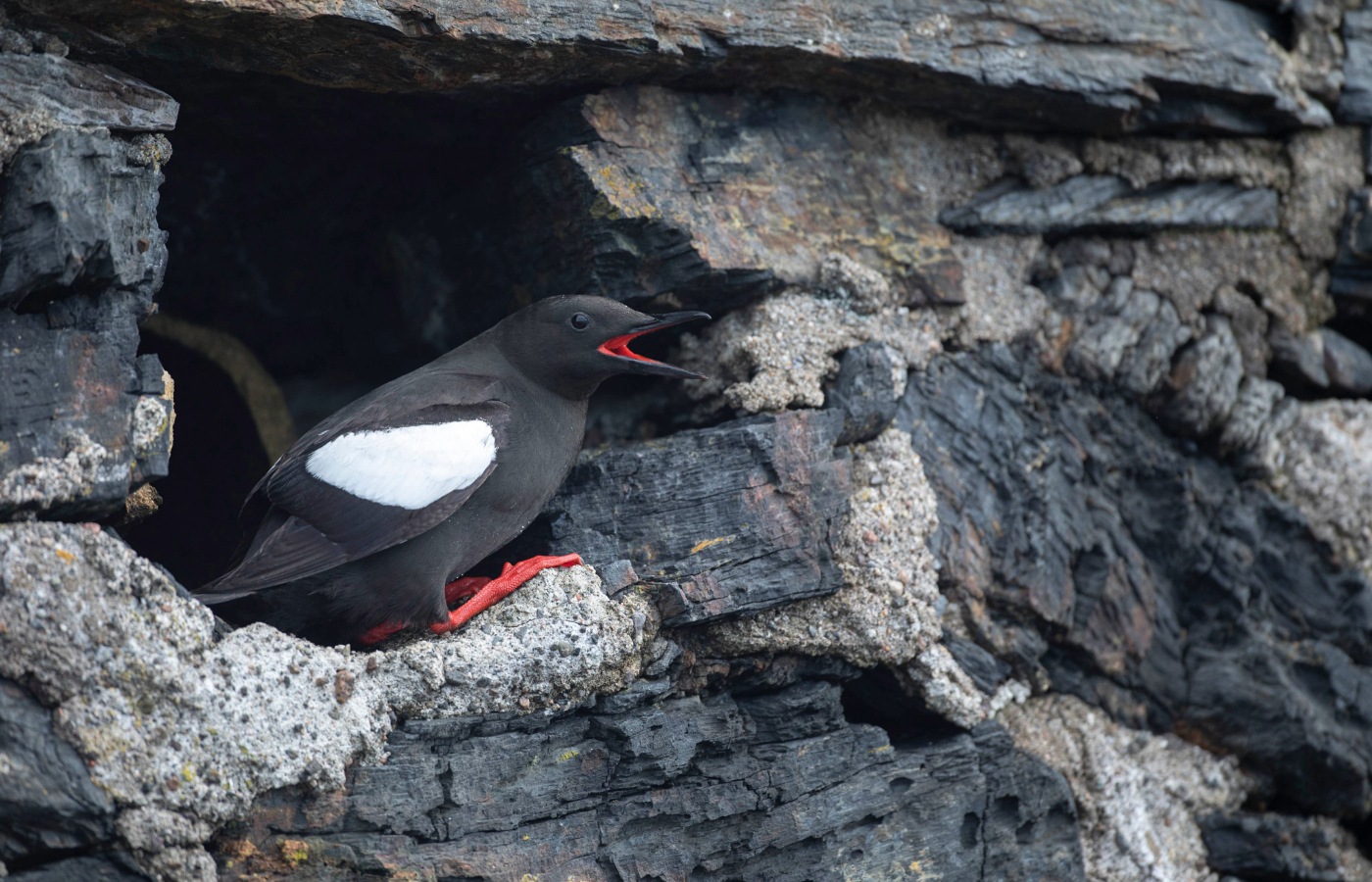 Royal Society for the Protection of Birds
Royal Society for the Protection of BirdsHelen McLachlan, head of marine policy for RSPB Scotland, said the “devastating” decline is a clear sign that the time for action is now.
“As an island nation it is perhaps not surprising that we are globally important for seabird populations but what has really shocked us is the sheer number of our seabird species now on the Red list,” she said.
Ms McLachlan called on the Scottish Government for urgent action in tackling the “dire” situation as well as the drivers of the decline.
“We are calling for a robust and well-resourced Scottish seabird conservation strategy that can support the delivery of rapid protection of seabird breeding islands from invasive predators, improvements in the marine protected areas network for seabirds, better spatial planning of marine developments to avoid important areas, and fisheries management measures that will ensure there are sufficient prey species and new measures on boats that tackle the bycatch of seabirds in fishing gear,” she said.
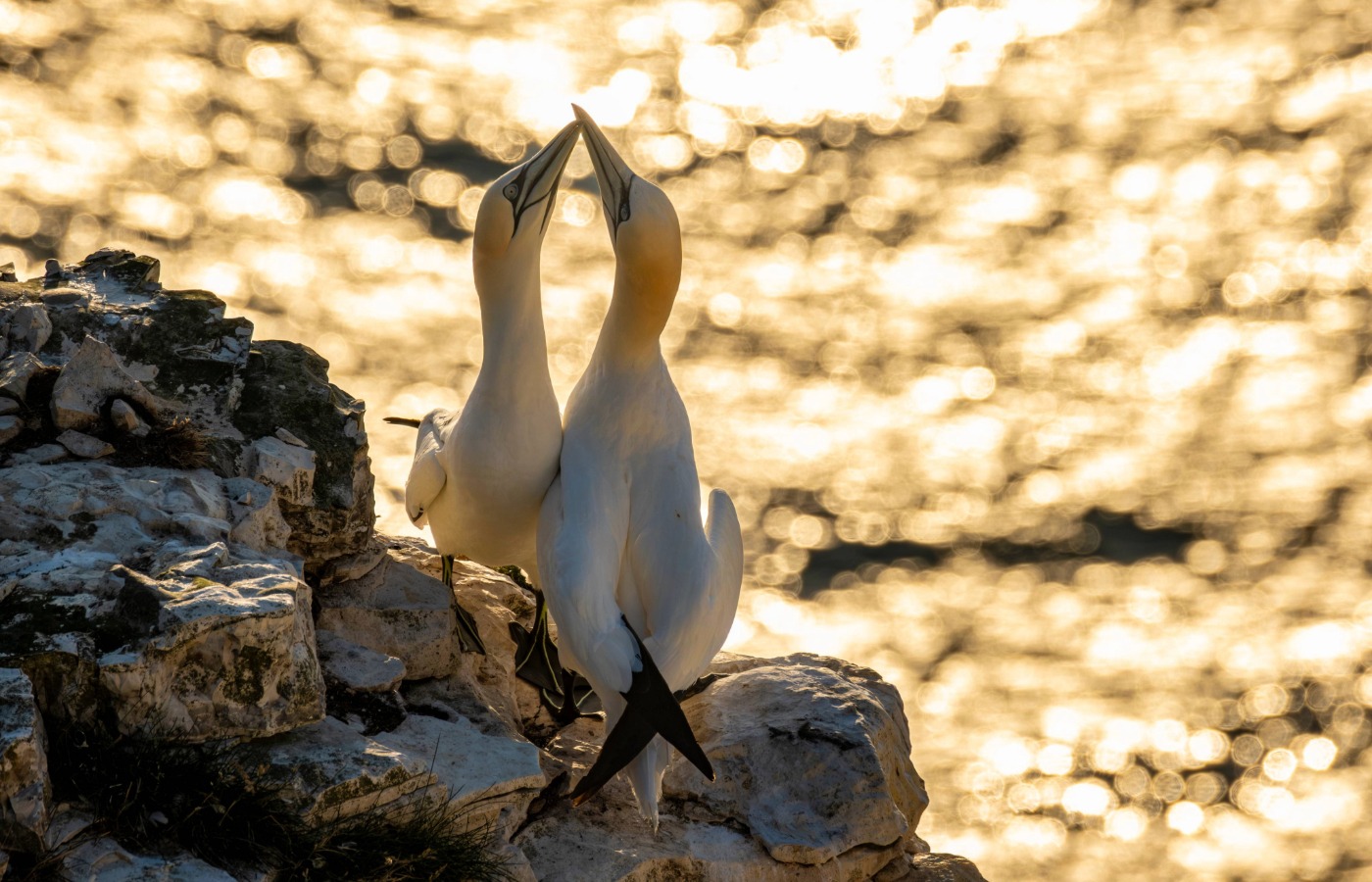 Royal Society for the Protection of Birds
Royal Society for the Protection of BirdsRSPB Scotland’s scientists noted that declines in the populations of Arctic Tern (54%), Common Gull (53%), Great Black-backed Gull (63%) and Leach’s Storm-petrel (79%) are part of long-term trends.
The report lists how all seabird populations are facing a growing list of threats and pressures that include changes in prey availability due to climate change and overfishing, entanglement in fishing gear, invasive predators eating eggs and chicks and offshore renewable energy development in important foraging zones, as well as climate impacts on nesting and breeding success.
In addition to these pressures, seabirds recently suffered devastating declines from the Highly Pathogenic Avian Influenza (HPAI).
Great Skua, a species that was previously increasing prior to HPAI, was reported as having decreased by an estimated 76%.
Scotland hosts almost the entire UK population of Great Skuas with the RSPB calling the results “incredibly alarming”.
A Scottish Government spokesperson said: “We take these results seriously and we are committed to improving protections for seabirds.
“We are working at pace to develop a Scottish Seabird Conservation Strategy that identifies actions to improve the conservation status of seabirds. We plan to consult later this year.”
Follow STV News on WhatsApp
Scan the QR code on your mobile device for all the latest news from around the country


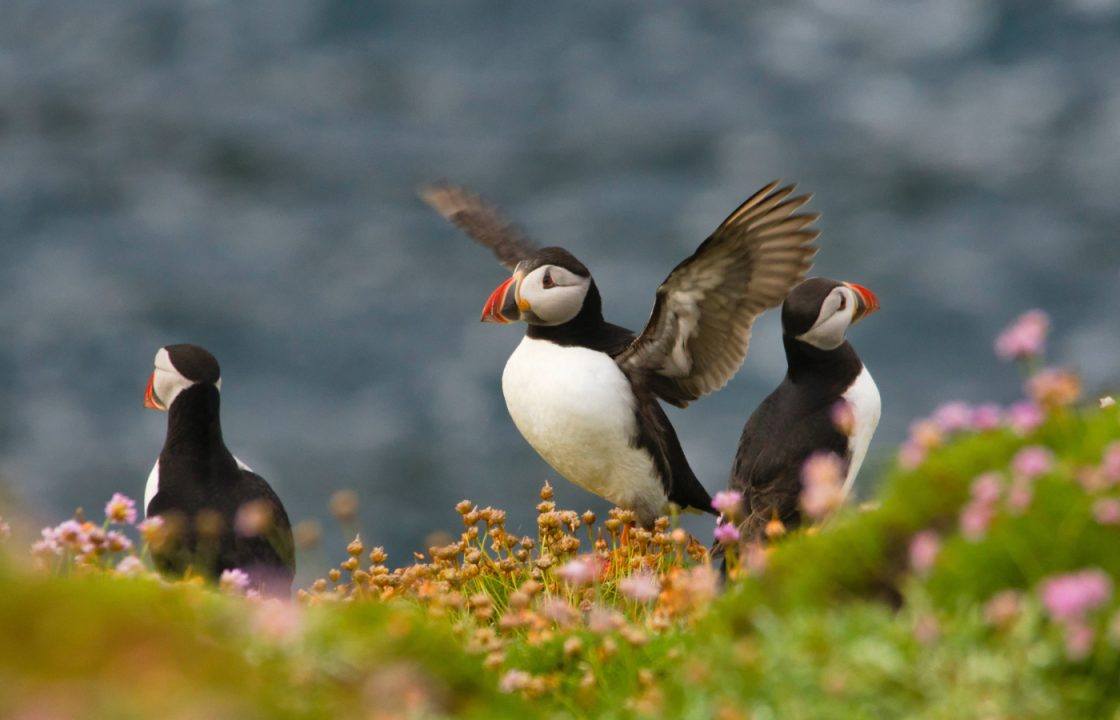 Royal Society for the Protection of Birds
Royal Society for the Protection of Birds



